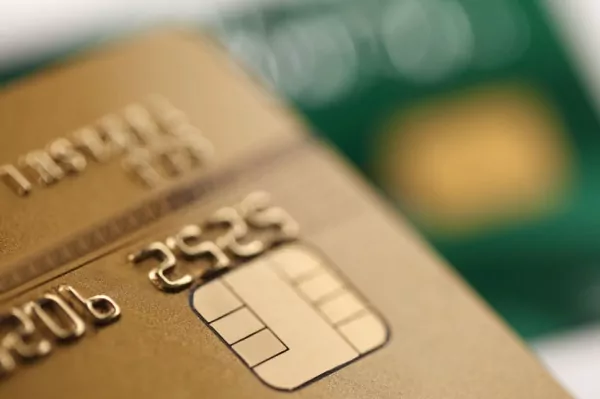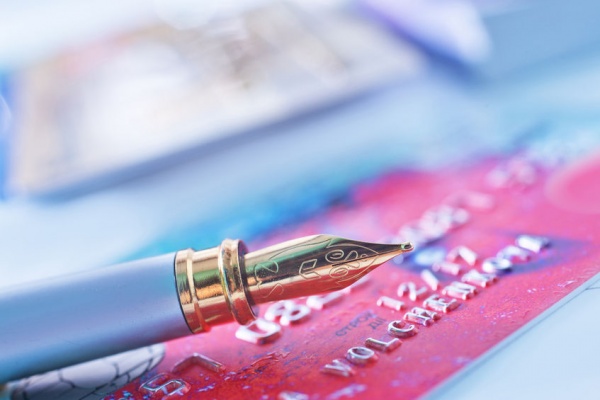7 Do’s and Don’ts of Becoming Financially Stable
It’s extremely important to become financially stable as early as you can in your life. You want to build good habits and avoid getting into financial situations that can be difficult to get out of. Whether you are a college student or a successful manager, revising your financial habits is crucial.
It will help you get your finances back on track and prevent you from running into debts later on in life. Don’t set high financial goals. Plan out the steps and take one at a time. Here are 7 do’s and don’ts of becoming financially stable.
Do: Begin saving today
Saving should never wait until tomorrow or next year. If you have not already started saving money, start today. You need to add money to a savings account on a monthly basis in order to build up a good amount of savings. It’s so important to have at least 6-8 months worth of living expenses saved up in case you lose your job.
This is not something you should put off saving for because a job loss can happen at any time. You also want to save for the future. You have to save for retirement and also things that you may want to purchase one day. If you ever plan on buying a house, you should begin saving for a down payment now.
Starting a few months before will not help very much especially if you are only able to save a few dollars a month. If you can’t spare a lot of money to save each month, don’t worry, save anyway. Saving $10 each month is better than saving nothing at all.
Don’t: Be an impulsive shopper
If you are the type of person who wanders around the mall and buys things at random, this is a habit you have to break immediately. Shopping is not a good hobby to have. You are only throwing money away when you buy things on impulse. Impulse buys can be as small as a package of gum at the checkout stand or as large as deciding you really need a new laptop because you saw one on sale.
Impulse buys are usually things you don’t really need. If you really needed it, you would have made the trip especially for that item. If you think you need something, take the time to research cost and your budget and wait a couple of weeks before making the purchase to see if you still need and want it.
Do: Pay off credit card balances in full
It’s important to pay off your credit card balance in full every month to avoid interest charges and a hit to your credit score. If you find yourself unable to pay off your bill each month, it’s time to lay off the credit card use. You want to have a good credit score, but you also don’t want to owe so much on your cards. If you have more than one or two cards, you might want to hide the majority of them and only keep one on you in case you need it.
Don’t: Use pay day loans
Pay day loans should be avoided at all costs. They might help you out when you are in a tight spot, but the amount of interest you’ll end up paying back is ridiculous. If you use these loans more than once, you will find it difficult to pay off the money you owe as quickly as you’d like. These kind of loans are like traps that you have to fight your way out of. You can spend years trying to get rid of this type of debt, but then realize that you didn’t actually need that money at all.
Do: Track your spending
You don’t have to monitor your spending each day, but doing so once a week or a month is a must. This will help you know how efficient you’re using your finances and how you can reduce your spending. We often spend money on the things we don’t need without noticing that. Write down what you spend in cash each day/week/month to create a more frugal budget for the next month.Don’t: Allow yourself to splurge on holidays
The holiday season is a great reason to spend your savings and make those you love happy, yes? No! I mean you can make them happy without splurging on the expensive things that aren’t worth the price tag. We allow ourselves to spend more than we can because we tend to think this is the right occasion. This is not. Get rid of that though. Create a holiday budget that you will stick to and that won’t break your budget.Do: Invest
Be it a new piece of jewelry, a new house or a new car, investing in your future might be a good idea. Spending heaps of money on clothes, phones, or entertainment won’t help you build a prosperous future, while silver or gold jewelry may serve you and your children for many years. Investing in property is a smart idea too, but only if you can afford it.Read also – 7 Crucial Reasons You Should Start Saving Money
Becoming financially stable is not easy. Like everything in life, it requires planning, taking confident steps, making smart decisions and wise shopping habits. Even if you’ve gotten into a bit of financial trouble in the past, you can still become financially stable.
It does take some dedication and sacrifice, but it will be worth it. Living life with debts won’t make you happy, even if you have the biggest house in the neighborhood. Money doesn’t bring happiness so be sure to set realistic financial goals.







